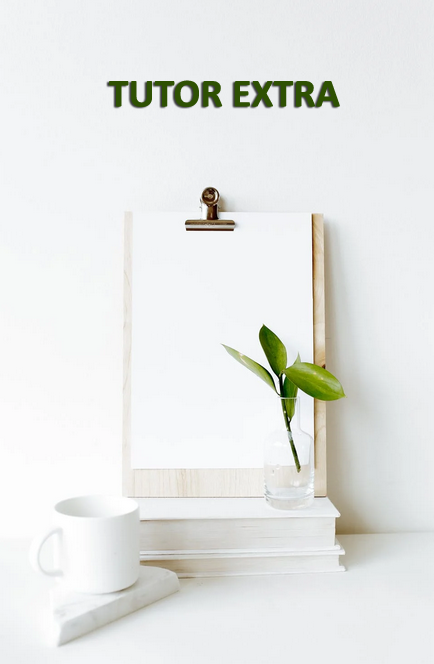The Top 5 Scientific Methods for Improving Your Studying
You may have been given advice about strategies for improving your concentration when studying. While it's entirely possible some of these are valid, they're likely to be based on anecdotal evidence, rather than scientific results. In fact, scientific studies have shown that many of the best strategies for improving concentration, and therefore the effectiveness of your studying, are counterintuitive. Here are five of the main methods.
may have been given advice about strategies for improving your concentration when studying. While it's entirely possible some of these are valid, they're likely to be based on anecdotal evidence, rather than scientific results. In fact, scientific studies have shown that many of the best strategies for improving concentration, and therefore the effectiveness of your studying, are counterintuitive. Here are five of the main methods.
1. Take Regular Breaks
It might seem that constantly taking breaks would damage your concentration, and that you'd get less done. In fact, a number of studies have shown that the opposite is true.
It's been known since the 1990s that the limit for efficient concentration is about ninety minutes, and after that we need a fifteen-minute break for the brain to recover — although even a micro-break will help. This has been backed up by more recent research, which has shown that the stress caused by long periods of concentration prevents us from continuing to concentrate by producing hormones that release corticotropin.
Breaks can be used to meditate, exercise or go outside, especially if you can get to a natural setting. However, it can also be productive simply to sit and daydream. Research suggests that daydreaming, far from being a waste of time, is an essential part of the brain's functioning. Scheduling it in a break reduces the risk of drifting off into a daydream when you're actually trying to concentrate.
2. Embrace External Distractions
It might seem obvious that you can concentrate better if you're cut off from all external distractions, but research suggests the reverse. According to the "Load Theory", proposed in 1995, the brain gradually fills up "slots" for processing external information, until they're all taken. At that point, it starts prioritising and puts all its energy into what it's decided is most important — such as your study.
This is why, for example, many people concentrate better with music playing than when working in silence. Others may prefer the TV on, or to work in a crowded café. The type of distractions that help you concentrate is likely to be a very individual preference, so experiment to find out what works for you.
3. Overcome the Curve of Forgetting
The idea of the "Curve of Forgetting" has been around for well over a century, but it's still a useful concept to incorporate into your learning. It states that the first time you study anything or listen to a lecture, you'll remember anything up to 80% of the information — depending, of course, on how much attention you were paying. However, this only works if you review the material with 24 hours of first encountering it, after which you'll start forgetting.
This is a cumulative effect, so that the more often you review the material, the more you'll retain and the shorter time you'll need to do so. By a week later, five minutes of reviewing will allow you to retain 100% of the material. This means that it's important to revise new information immediately after you've received it, rather than waiting to cram just before the exam.
4. Use Contextual Learning
In general, our brains remember things more efficiently by making connections than by trying to memorise each piece of information individually. This is essentially why an experienced driver can remember to perform numerous tasks at the same time with very little thought, because each task is learnt in context with all the others. Each student will have their own way of putting their learning into context, but many find it useful to have all the information written down in the same place — a single sheet of paper, for instance. Most fast learners use this approach, either instinctively or by plan.
5. Study When You're Tired
This is perhaps the most counterintuitive advice of all. Surely we wouldn't remember anything if we study when tired?
In fact, our brains tend to be extremely receptive as we approach sleep. You may have come across the idea of sleep-learning, where your brain can retain a surprising amount of something played while you're asleep. This also seems to work, to a lesser extent, if you study when you're very tired, suggesting that some study just before you go to bed could be productive. These are just five of many scientific methods for improving your studying. Register with TutorExtra for more resources.


